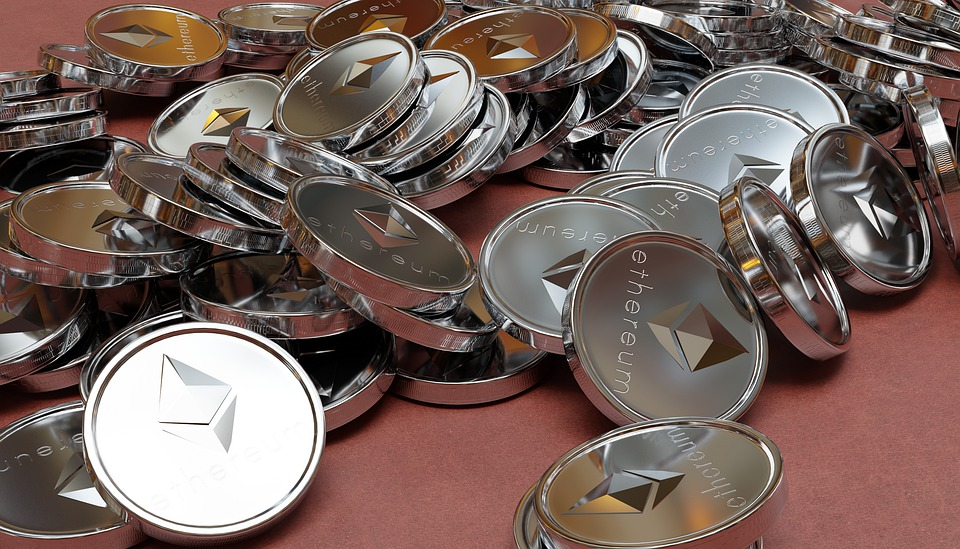Ethereum's Dencun Upgrade Shifts Ether to Inflationary Territory

The recent Dencun upgrade on Ethereum, aimed at reducing fees and enhancing network scalability, has inadvertently shifted ether (ETH) back to being an inflationary asset, potentially undermining one of the key advantages gained from the 2022 Merge.
According to a CryptoQuant report, Dencun has significantly lowered transaction fees on the Ethereum network, by an average of four times compared to before. However, this reduction has led to a decrease in the amount of ETH being burned, marking one of the lowest levels since the Merge. Consequently, the supply of ETH is expanding at the quickest rate since 2022.
The Merge in 2022 marked Ethereum's transition from a proof-of-work to a proof-of-stake blockchain. This transition was complemented by the London upgrade, which introduced a fee-burning mechanism, effectively reducing the circulating supply of ETH and exerting deflationary pressure. Dencun, the latest upgrade, introduced "danksharding," enhancing block storage efficiency and reducing costs for layer-2 networks.
Following the Merge, ether became a deflationary asset, with the total token supply decreasing from 120.491 million to 120.097 million by September 2022. However, the link between network activity and the total fees burned has been disrupted by Dencun. Consequently, the natural growth in supply is now surpassing the amount burned in fees, leading to an increase of 400,000 tokens in Ether's supply since April.


